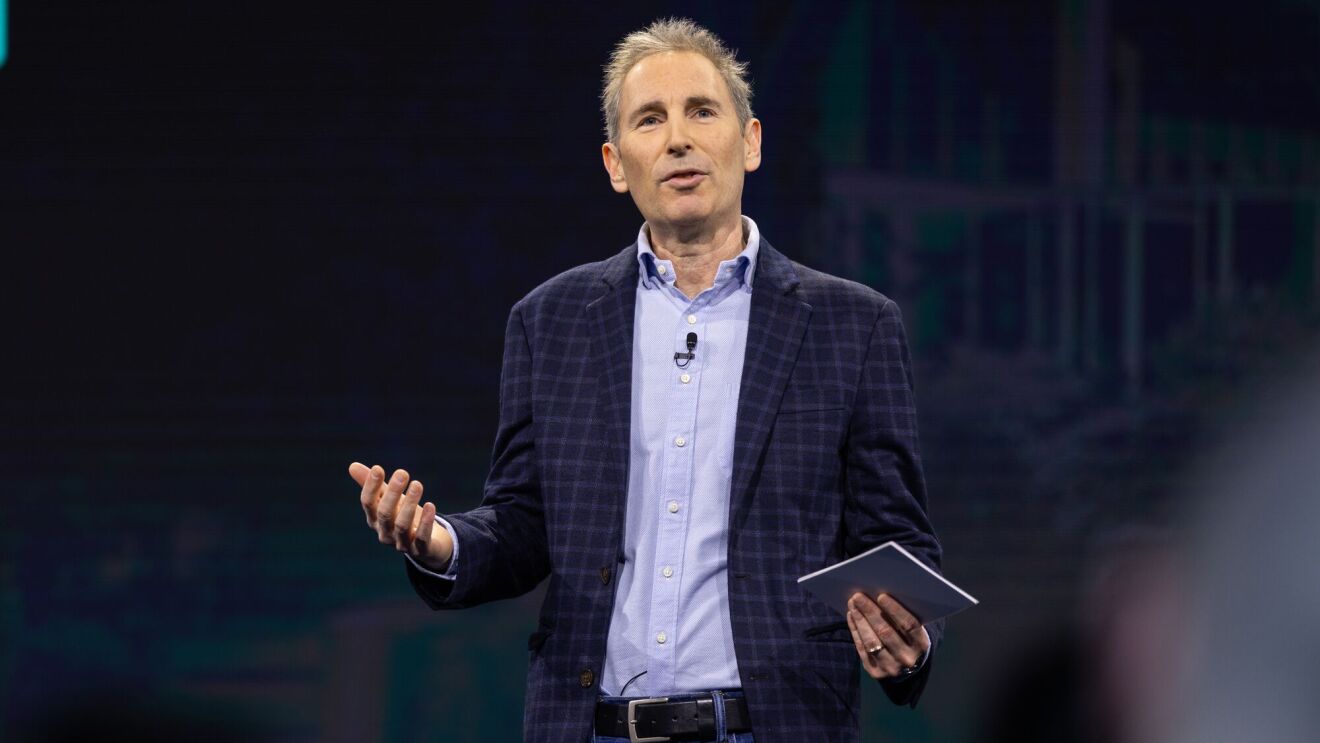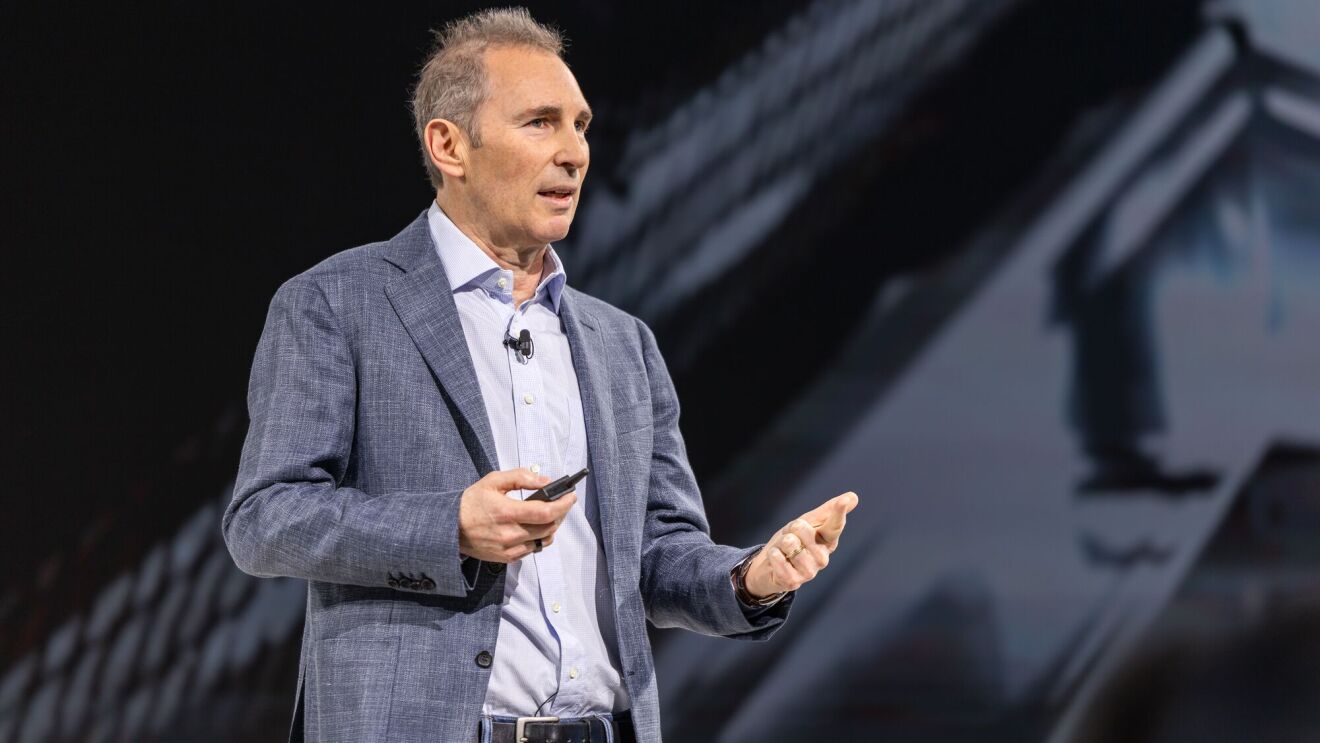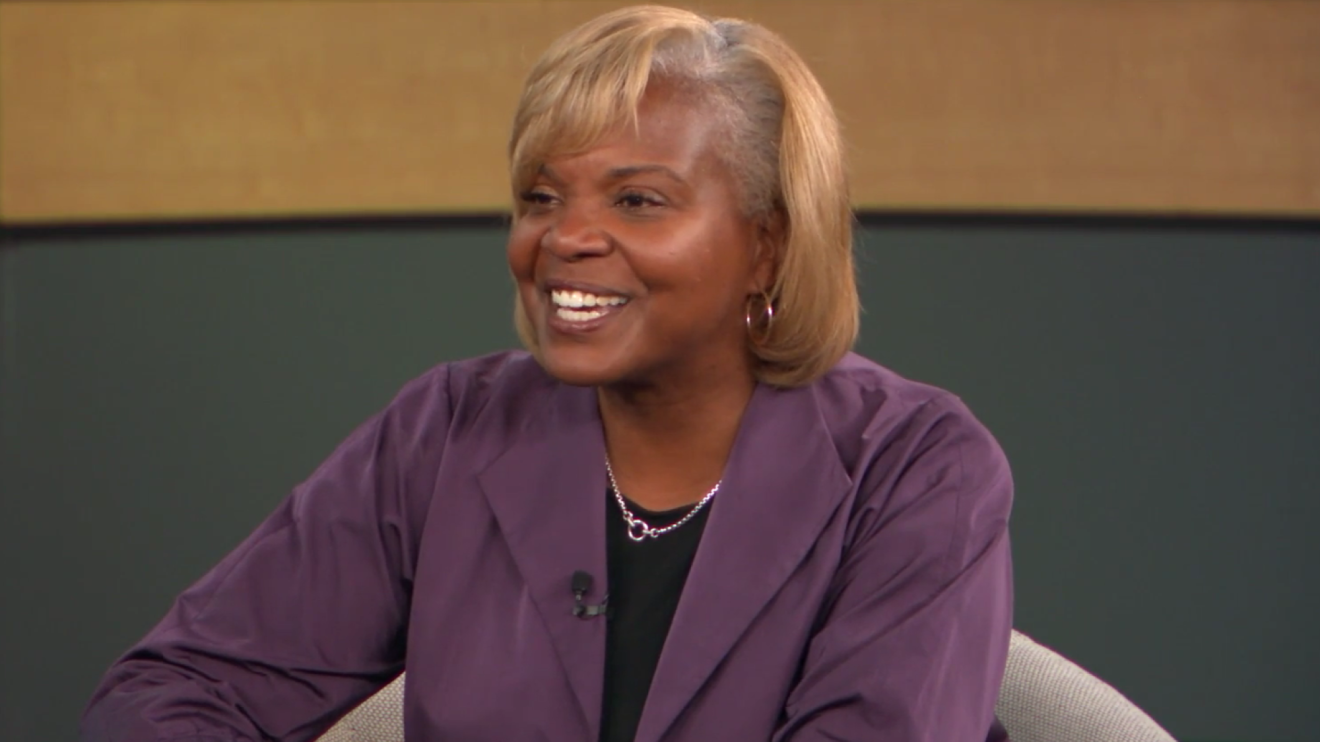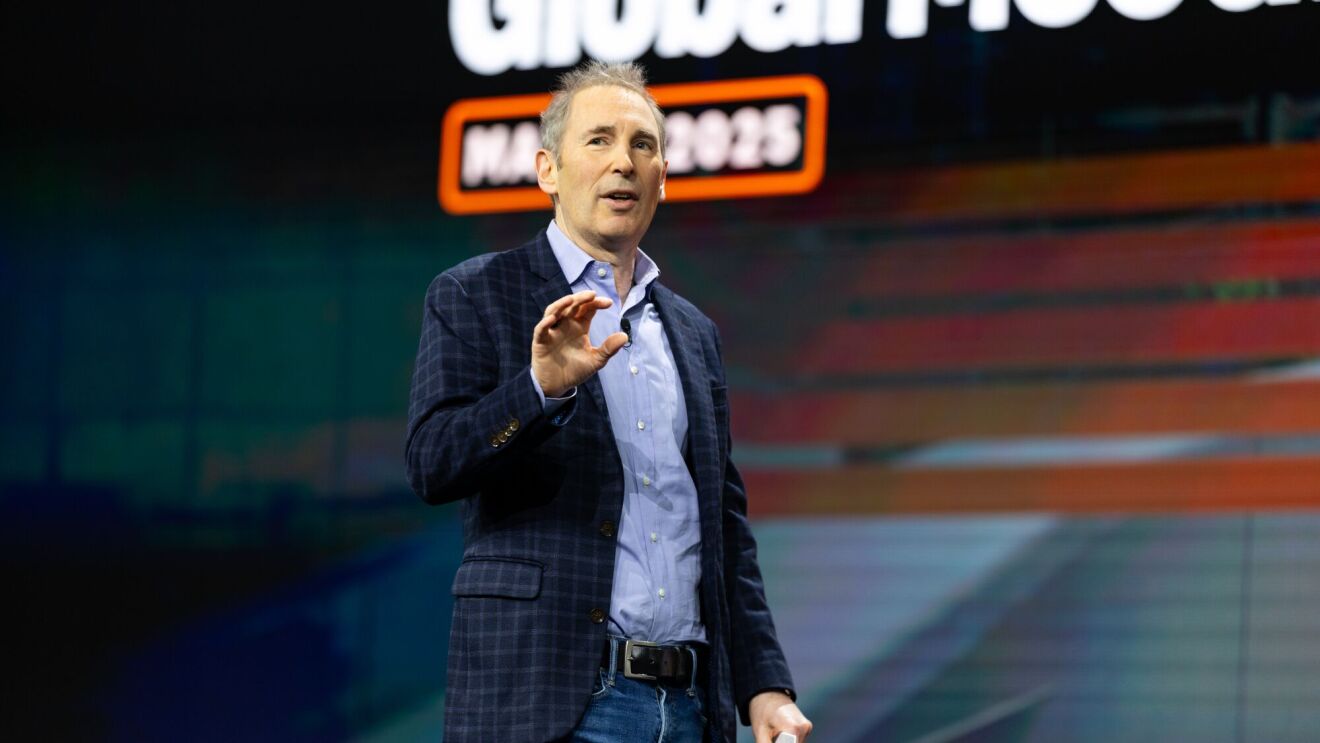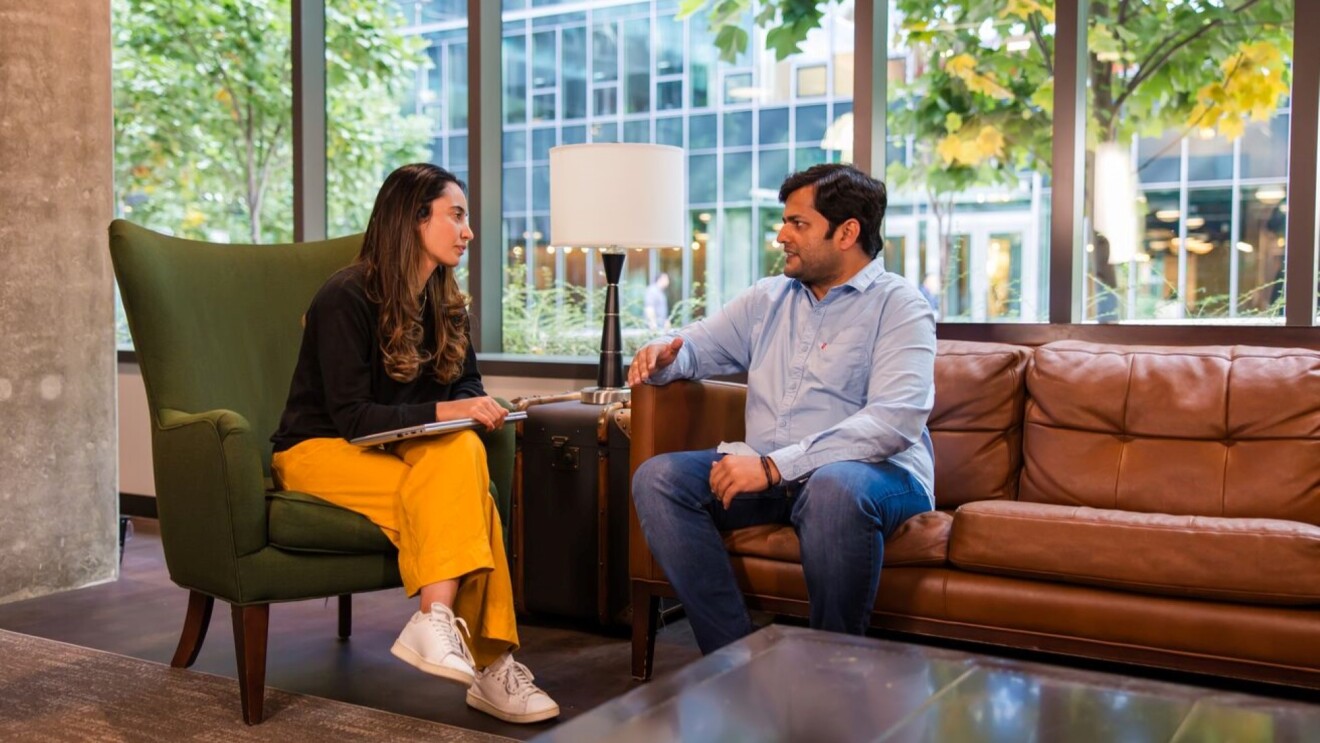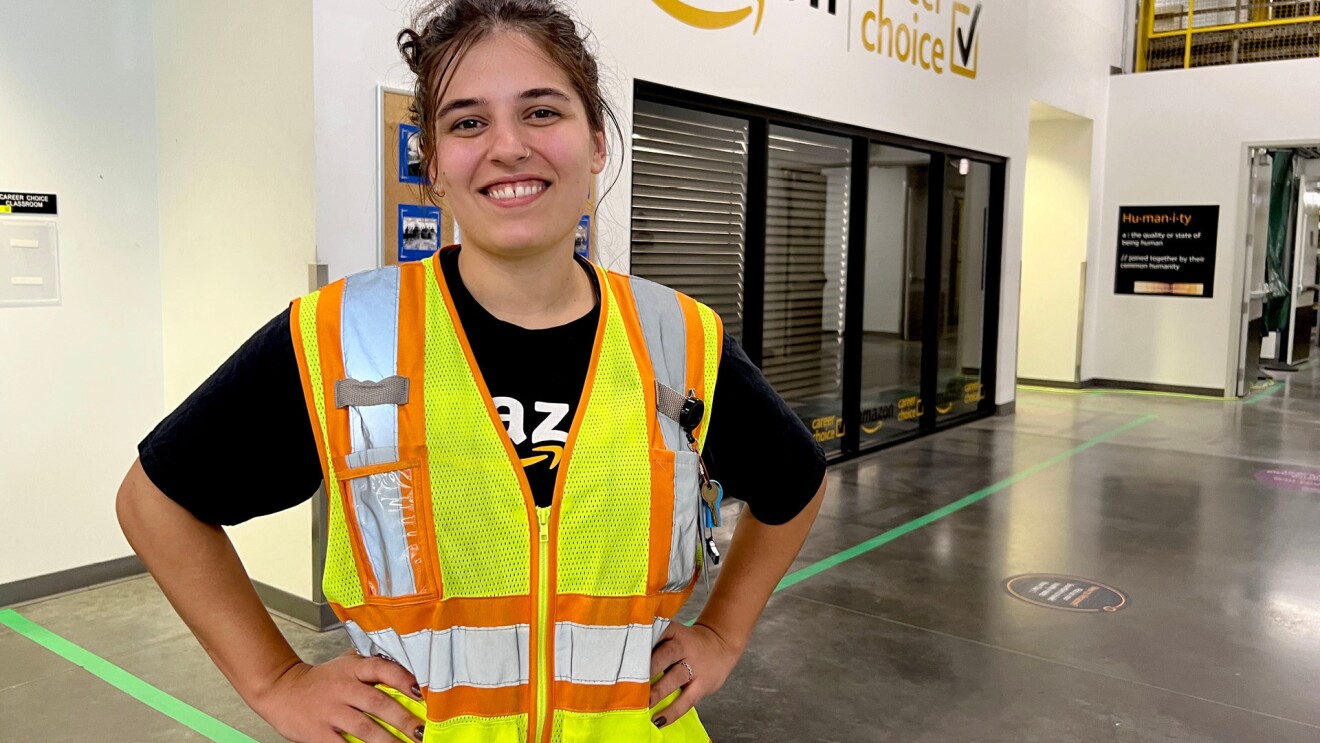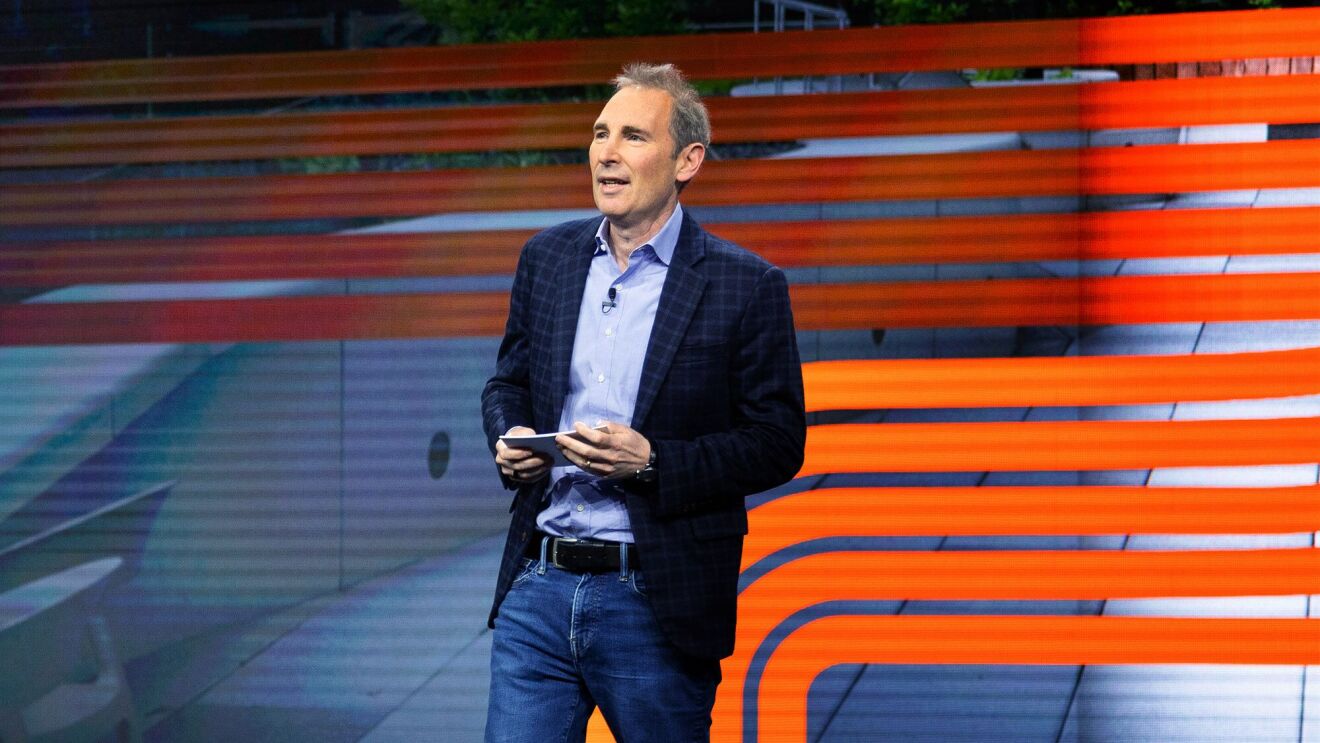Some might call it unique. Others might call it peculiar. Indeed, Amazon’s thorough interview process is designed to help hiring managers identify candidates with the biggest potential to thrive and succeed at the company. And one particular member of every hiring team is especially integral to helping managers zero in on those top applicants: the Bar Raiser.
A Bar Raiser—an interviewer who typically sits on another team—serves as an objective third party during the hiring process. As a steward of the company’s Leadership Principles, they capture a holistic picture of each candidate and aid in eliminating bias.
In concert with the hiring manager, the Bar Raiser helps drive the pivotal decision on whether a candidate should be hired. They also help ensure that every new hire has the potential to grow in their role and brings skills that are better than 50% of their would-be peers in similar roles.
In other words, Bar Raisers know full well what it takes to not only navigate Amazon’s interview process, but how to shine. Here, four Bar Raisers share essential tips on how to do just that.
Go beyond your resume.
It’s easy to become hyperfocused on the qualifications you put down on paper. But sometimes, what’s not on the page can be just as illuminating as what’s on it. Dawn Brun, director, Amazon Health Services Communications, appreciates it when a candidate “tells me something about themselves that I wouldn't learn from their resume. You can learn a lot about someone and the way they approach their work by who they are as a person outside of their professional experience.”
 Dawn Brun
Dawn BrunFamiliarize yourself with Amazon’s Leadership Principles.
Every employee at Amazon is guided by 16 Leadership Principles: key tenets that serve as the backbone to how the company does business and approaches every decision—including job hires. “Prior to your interview, it will be valuable to look up the Leadership Principles and identify one or two work anecdotes that are relevant to each one,” noted Josh Hirschland, principal product manager, Amazon Community Impact. “Make sure you’re answering the question that is asked—but orienting your stories around the Leadership Principles can be helpful. As a candidate, you should have an idea in advance for what stories you want to tell.”
 Josh Hirschland
Josh HirschlandUnderstand the power of practice.
“Practice responding to questions on your own to familiarize yourself with the experience,” said Cedric Ross, senior manager, Amazon Tours. In the past, Ross has staged his own mock interviews in front of a mirror, as well as recorded himself on his phone “to help me understand how I am represented in an actual interview session.” An outside perspective also helps. “Find someone you trust to offer candid feedback and practice the interview with,” he added. “A different opinion may be helpful.”
 Cedric Ross
Cedric RossBe self-critical and demonstrate how you learned from mistakes.
Everyone’s made their share of mistakes throughout their career. Instead of shying away from them, highlight how they’ve helped you grow. “We value when our team members are able to admit when things didn’t quite go to plan, critically evaluate both successes and failures, and learn from mistakes,” said Jess Turner, director of campaigns, International Consumer Communications. “Demonstrating what you’ve learned from a failure and how it changed the way you work can be an opportunity to really impress. My advice is to always be honest about your own mistakes, never be too quick to blame others, and demonstrate clear tangible actions you’ve taken based on the learnings.”
 Jess Turner
Jess TurnerShow your value.
“Before responding to a question, keep in mind that this is your opportunity to demonstrate your value,” explained Ross. “Your examples should showcase your talent. No matter the role or responsibility, ask yourself if your example added value in some meaningful way.” Equally important, he said, is that you show how you added that value. “Don’t forget to end your response with a result,” he stressed—a reflection of Amazon’s data-driven focus.
Read more about the STAR interview method and how you can best use data points to highlight your successes.
Don’t be afraid to ask questions.
“We want every candidate who gets an Amazon job offer to accept that role and succeed in it,” said Hirschland, who encourages applicants to be curious and ask questions. “At its best, an interview will feel more like a conversation with a curious friend than an interrogation. That means that your interviewers will want to help you understand Amazon and the team that you’re interviewing for so that you can make an informed decision. So ask the questions that you actually want to know the answers to.”
Let your personality shine through, but always remain professional.
It’s key to be yourself during an interview, which “helps build a rapport with your interviewer and ensures you feel more comfortable,” said Turner. However, she advised, be mindful not to become overly familiar. “It might sound obvious, but refrain from swearing or oversharing negative details around past work experiences, managers, or colleagues,” she noted. “If an interviewee gets too comfortable, too quickly, or overshares personal or negative details, it can cause the interviewer to lose trust in the candidate.”
Be communicative about your needs during the interview.
If you have a virtual interview, keep your surroundings in mind—and don’t be afraid to say something if you need to take a moment to adjust. “Folks are at home, and that means that life is happening around them,” noted Brun. Maybe the Wi-Fi cut out. Or things got really loud around you. When conditions suddenly take a nosedive, don’t hesitate to speak up. Brun recalled one candidate who, mid-interview, suddenly found himself in the middle of an earthquake. “He said, ‘We can keep going,’ and I said, ‘You go and get yourself to a safe place—we'll just pick up the conversation tomorrow.’ And I think we actually ended up hiring that candidate.”
Trending news and stories
- Amazon Pet Day 2025 is coming May 13-14 with 48 hours of deals on pet products and supplies
- LinkedIn names Amazon a top US company where people want to work for the eighth year in a row
- CEO Andy Jassy’s 2024 Letter to Shareholders
- AWS is first major cloud provider to deliver Mistral AI’s Pixtral Large as a fully managed, serverless model




